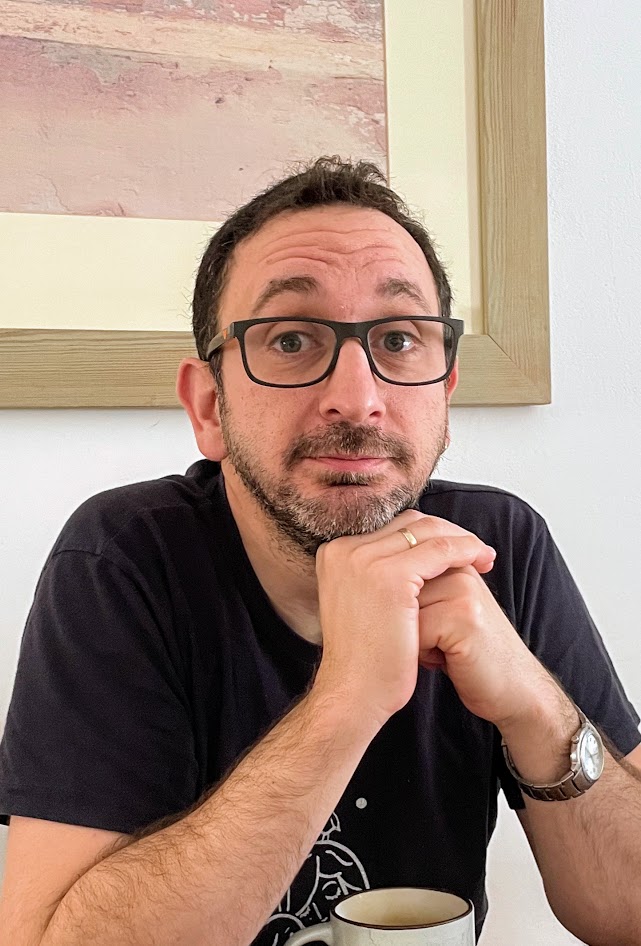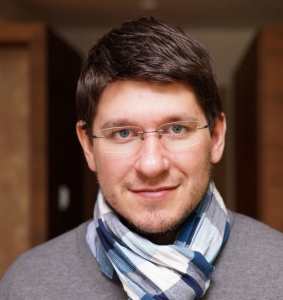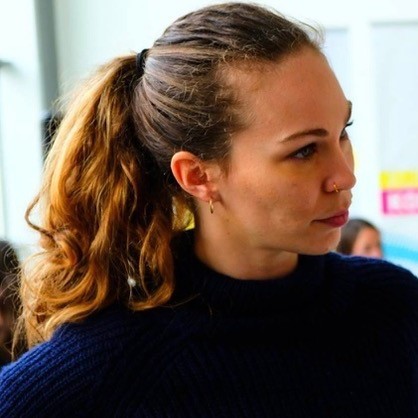
Nicole High-Steskal is a cultural heritage expert at the University for Continuing Education. Her work deals with topics at the intersection of technology, ethics, and cultural heritage and she is currently leading the research project LiviaAI (https://livia-ai.github.io/) in collaboration with three of Vienna’s leading museums.

Natalie Denk is acting as Head of the Center for Applied Game Studies at the University for Continuing Education Krems since July 2019. Since 2014, she has been involved in various research projects at the center as well as in teaching. Her research focuses on Game-based Education, Educational Game Design, and the gender dimension of digital gaming culture.
Cultural Mediation through Play & Games
FROG 2022 – Workshop
In this workshop we will focus on play-based approaches in the field of art and culture. The programme starts with an introductory lecture by Nicole High Steskal that will tackle the following topics:
Museums and cultural institutions have long recognized the need to build relationships with their visitors. The increased use of digital tools in daily life as well as changing needs of visitors has required cultural institutions to rethink their strategies in attracting visitors and creating engaging cultural experiences. This lecture will provide an overview of the field of cultural mediation and museum experience and highlight challenges in developing game-based approaches.
After the lecture we will explore the old town of Stein (close to the University) with a guided tour by Helma Strizik. Inspired by the impressions gained during the tour, we will then devote ourselves to possible play-based approaches to cultural mediation and create concepts in a speed prototyping session.









